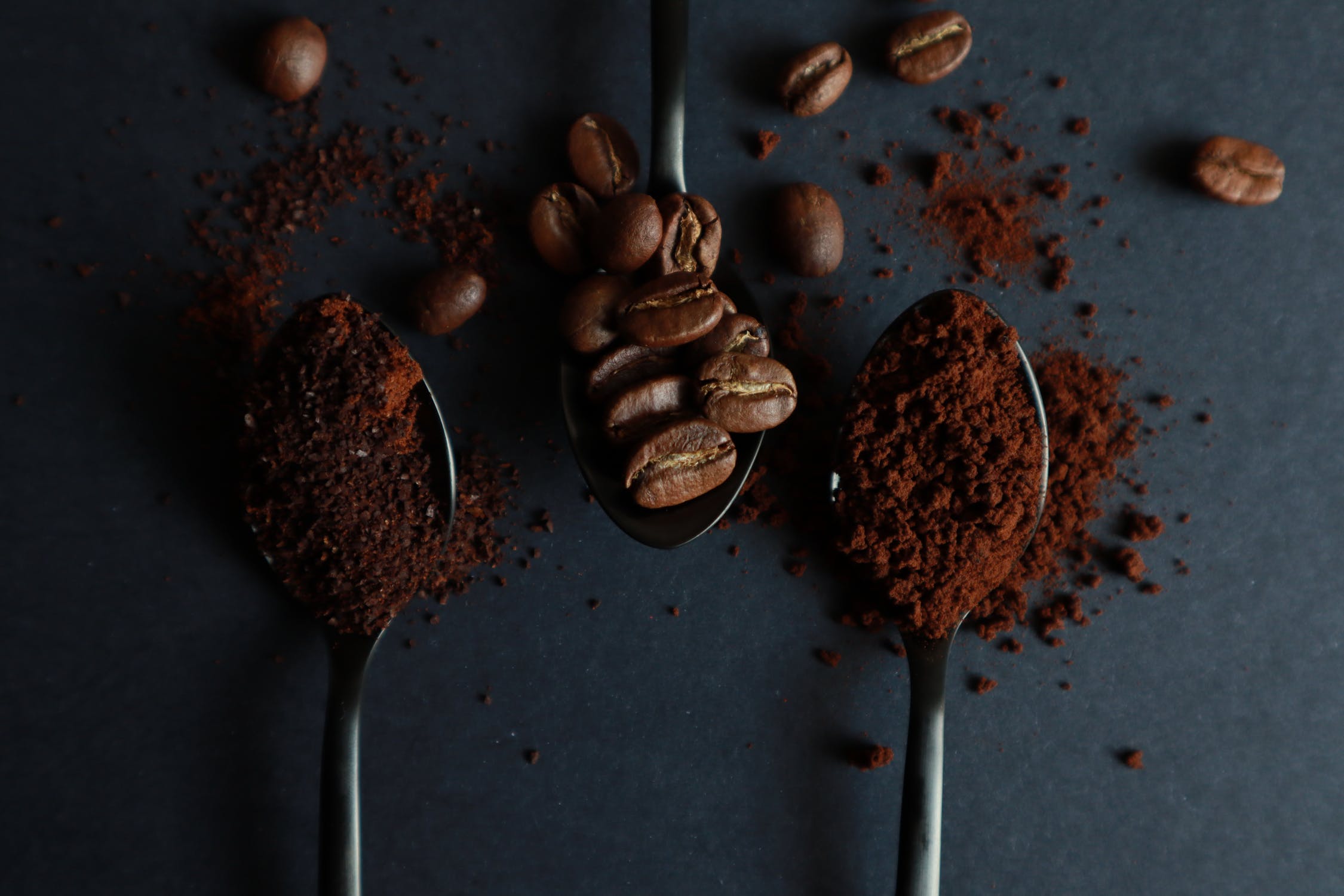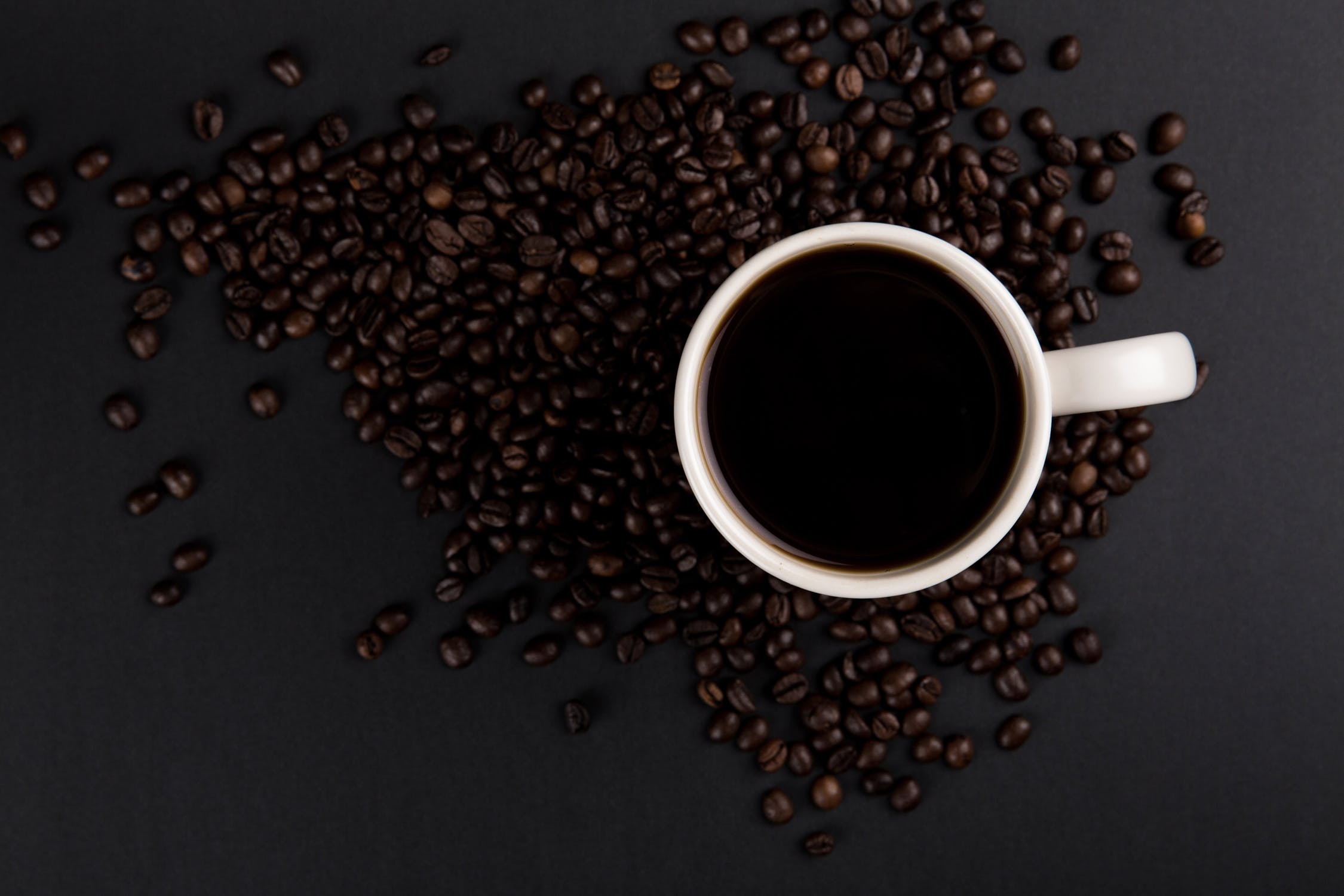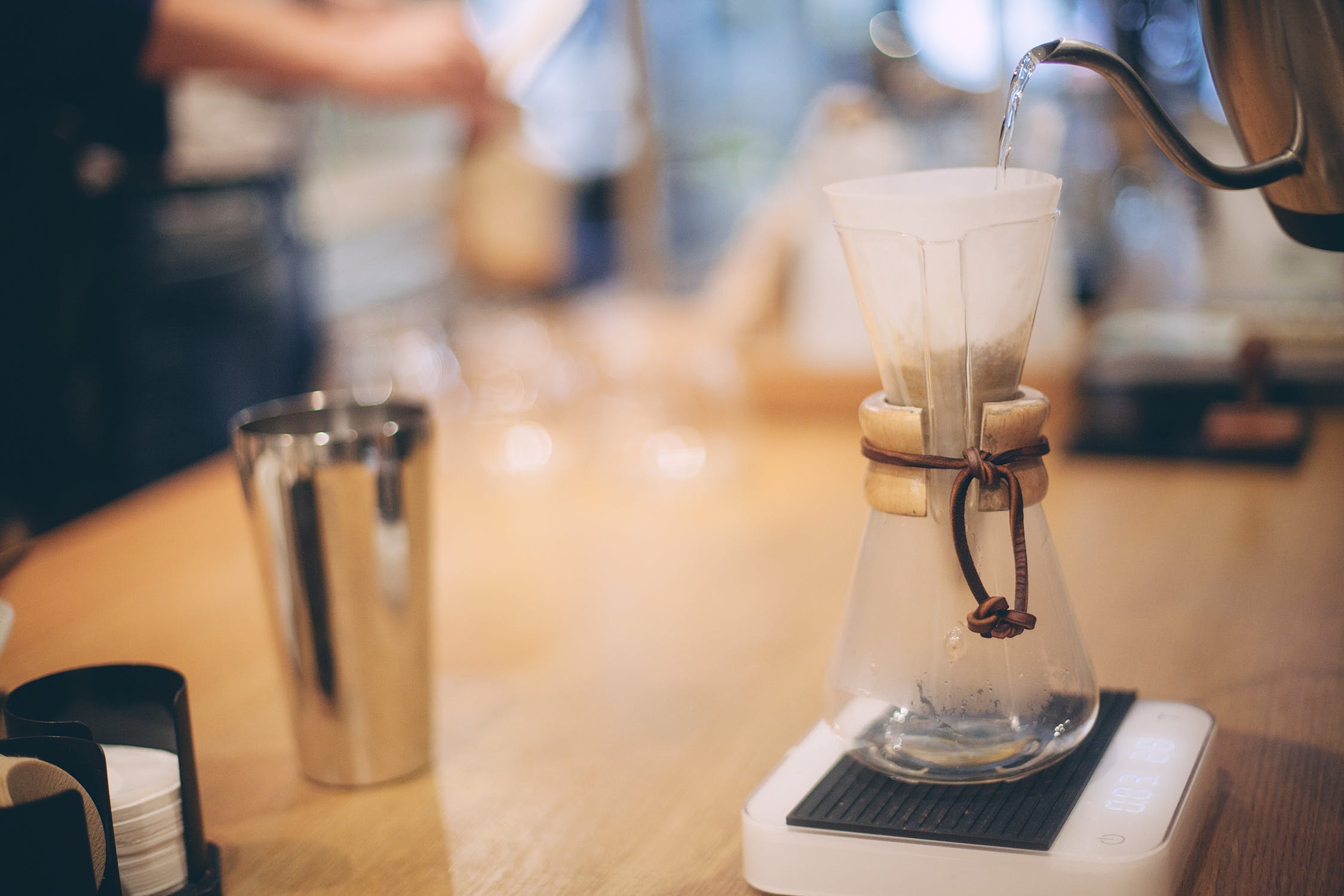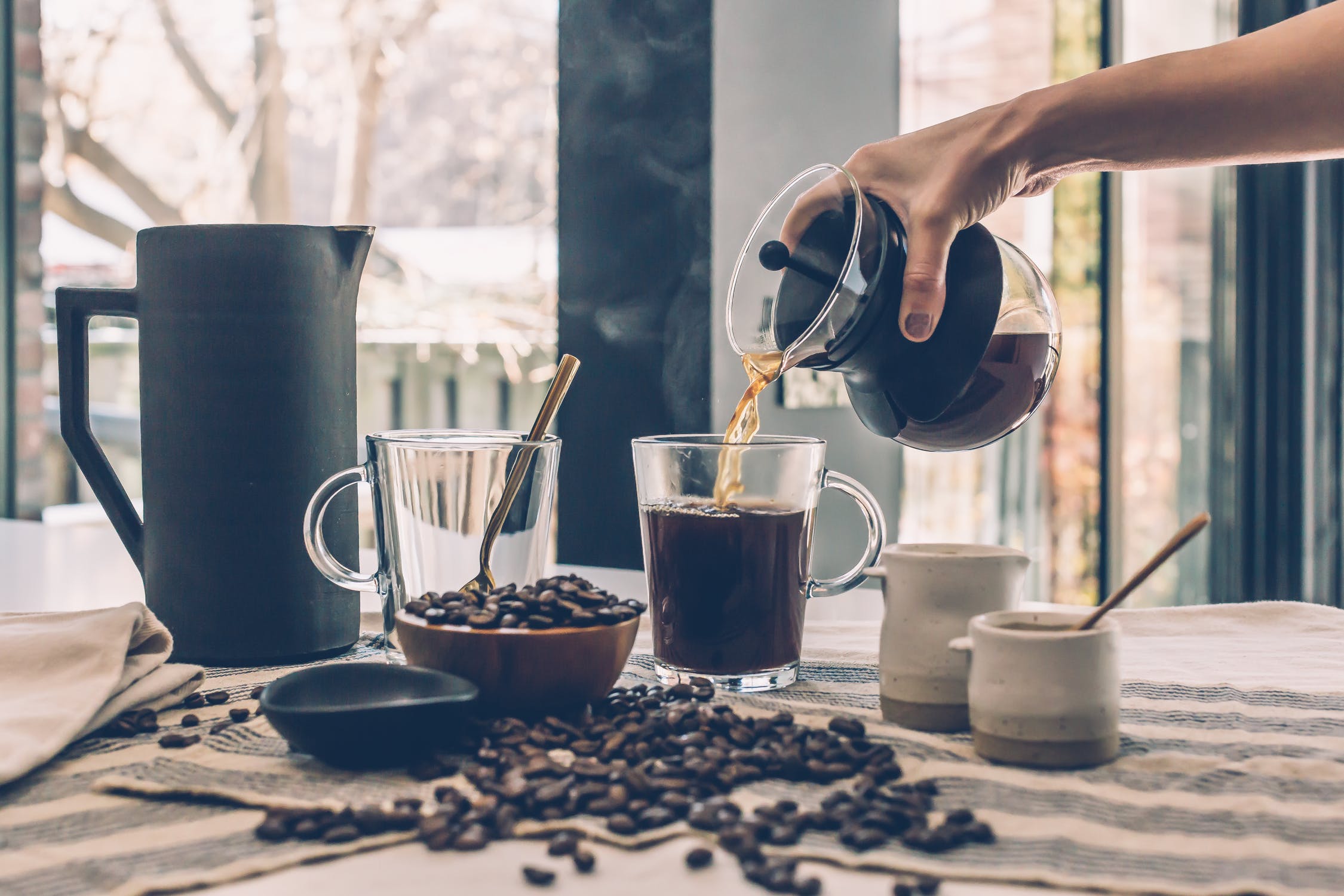Although coffee extraction involves the process of dissolving ground coffee with hot water, there is something else behind it. To taste the perfect cup of coffee, you need to know a little more about coffee extraction. The basic rule is to know how not to overdo it. Balanced extraction is a good ratio of water and coffee, precise grinding, roasting of coffee as well as the appropriate water temperature. Find out more about it in the following article.
1. Bitterness

If you notice that the coffee has a bit bitterness, that is not a problem. Even the best coffees in the world have a certain amount of bitterness. It can be defined as the taste of dark chocolate, spices and the like. Of course, this is a desirable amount of bitterness. It will define the taste, establish balance and contribute to a more pleasant context. On the other hand, too much bitterness can significantly impair the taste of coffee.
How will you recognize it? It will completely take over the taste of coffee instead of adding depth to other flavors. The reason is its origin, because it comes from the chemicals that are in the sediment. So, if you want to avoid this taste, do not opt for dark roasting, because roasted coffee has a rather bitter taste.
2. Empty taste

Over extracted also leads to a dull and empty taste. Of course, this taste can also be a consequence of stale coffee, but it is most likely an excessive extraction. People often happen to be disappointed when they try coffee that is seemingly aromatic and rich in flavor.
Instead of a complex taste, they bring lifeless, boring coffee. If this has happened to you too, know that you have been drinking a drink that contains intense acidity. The reason is the absence of other flavors due to the thick precipitate. This is the work of excessive extraction, so choose carefully.
3. Water

The taste of coffee largely depends on the ratio of boiled water and ground coffee. For example, if you use too little water, you will get a muddy taste of coffee, while it will be very strong. On the other hand, too much water gives a thin and watery taste and appearance of coffee.
This would mean that a smaller amount of water contributes to the strength of the coffee, but in that case it will be harder for the water to extract the desired aromas. That is why the secret is in the appropriate ratio of water and coffee. You will achieve this by trying different methods of making coffee. Consider your coffee maker or equipment, because these things will determine the taste.
4. Coffee making mistakes

In order to get the desired taste, it is important to avoid frequent mistakes that lead to incorrect coffee extraction. One of the coffee brewing methods requires you to do it for the right time. Brewing it for too long will give you a taste you don’t want. Too much mixing and shaking is also a bad move, because extraction will happen much faster. Some other common mistakes are too much water, too much grinding and not removing the filter. A few extra minutes of standing under the filter can completely ruin the taste of coffee.
Conclusion:
So coffee extraction will determine almost everything. It relates taste, the body, the acidity and the aroma. So be well informed about this process so that you do not miss the rich flavors and aromas of your favorite coffee. Even the smallest changes can completely change your previous experience in drinking coffee.

